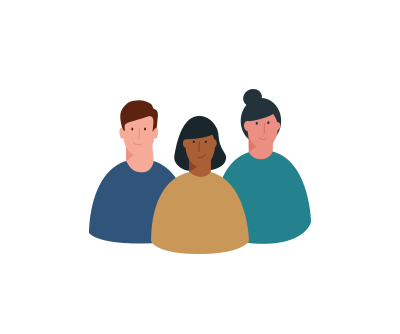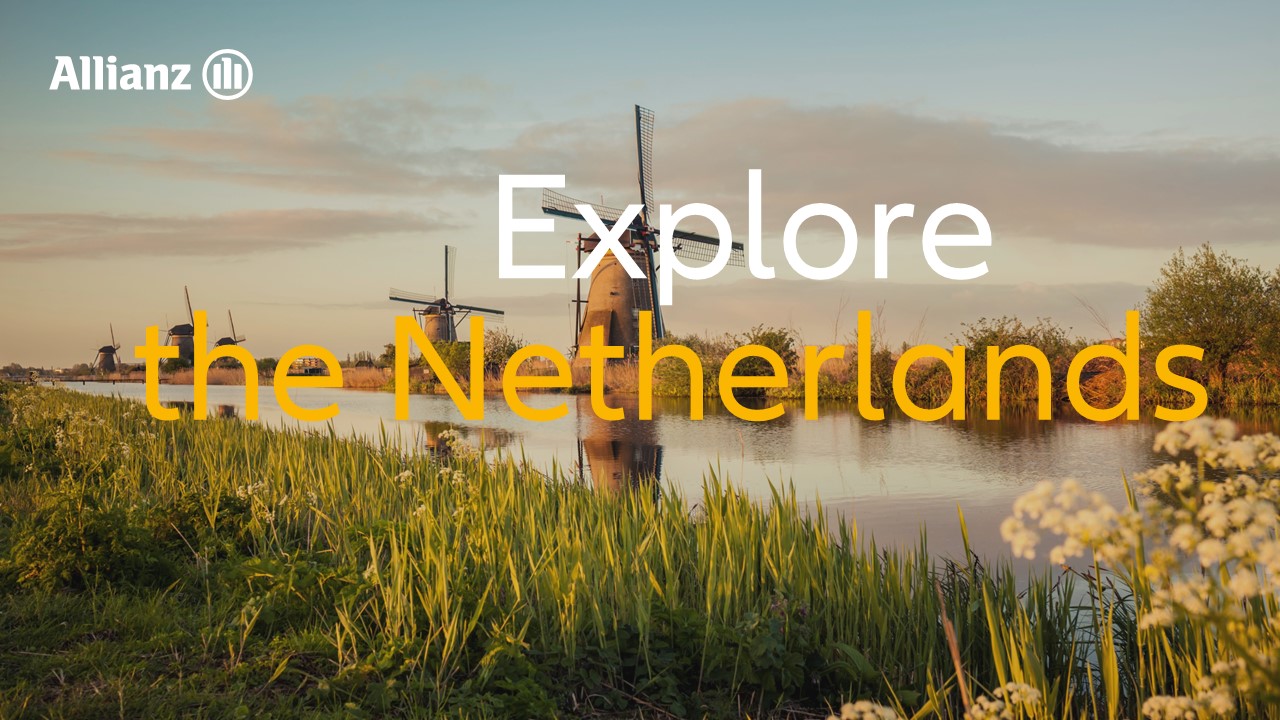The standard of education in the Netherlands is high. There are plenty of good options in the Netherlands, so expats are sure to find the right school for their children. Most schools in the Netherlands are government-run, though there are a few private and international schools too.
It's important to keep in mind that older children usually find it easier to adjust when they study with peers who speak their home language. Almost all public schools teach in Dutch. However, a growing number of (mostly secondary) public schools across the Netherlands are offering bilingual school programmes. In addition, there are a handful of public schools that offer non-Dutch curricula such as the International Baccalaureate (IB) and the International Primary Curriculum. Both of these options are good middle-ground choices.
However, if these schools don’t fit a family’s needs, there are numerous independently-run international schools throughout the Netherlands which are well worth considering. These schools offer foreign curricula and teach in either English or another foreign language, such as French or German.





